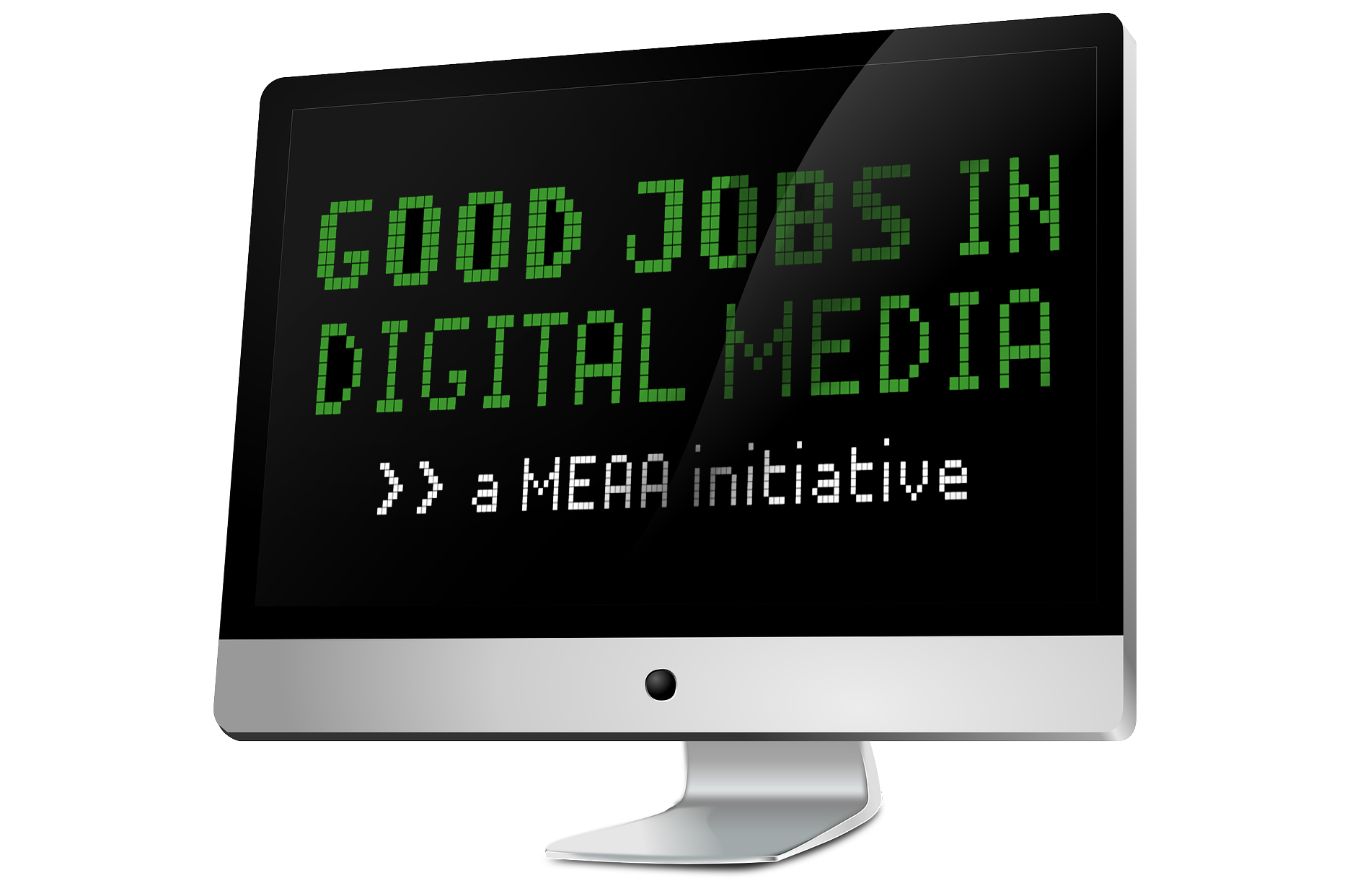Good Jobs in Digital Media

Digital journalism is at a turning point. What will the future of your profession look like?
Around the world, digital journalists are coming together to say they demand the same conditions as those working for older, print-first publications.
Endless night shifts and daily bollockings do not have to be the new normal.
Particularly in the United States over the past 18 months, there has been a wave of prominent online publications where journalists have organised with a union for better pay, conditions and respect at work.
Huffpo and Vice are among the publications who have successfully unionised to secure pay and conditions that have been witheld for too long.
As the union for Australia’s media workers, MEAA is committed to campaigning for a charter of digital journalist rights to be adopted at all digital media outlets.
Join your colleagues today in shaping Australia’s media landscape for tomorrow. And join our Facebook group to stay up to date on our good jobs campaign.
Spread the word:
MEAA’s Good Jobs in Digital Media Charter is the result of surveys of workers in digital media and feedback collated by members of MEAA’s Digital Media Committee. It outlines what members believe a good job in digital media should look like.
The purpose of the charter is to raise expectations in our industry and to start the discussion in digital media workplaces about how to campaign to win the entitlements and protections that cover our colleagues in the traditional print and broadcast media.
This campaign will involve content makers from across various digital media platforms. Your union wants to talk to you and your colleagues about this campaign, contact your MEAA organiser Arun Devasia about getting your workplace involved.
Workers in media are ready to stand together for jobs that are fairly paid, respected and have safe hours of work. A good job in digital media means:
1. There are consistent and fair job descriptions and pay across the industry.
2. We work for organisations that actively hire, retain and promote people from diverse backgrounds.
3. Journalists reserve the right to remove their name if ethical standards are breached
4. There is access to professional development opportunities.
5. Where editors and managers communicate near- and long-term changes within the workplace and industry that will shape our roles.
6. We have a voice in decisions at our workplaces and in our industry through our union.
7. We have an efficient way to resolve work disputes that is local, where decision-makers are known to staff and have the power to make decisions and, staff are informed about the process.
8. Safety issues at work like excessive hours are actively managed. That could mean penalty rates for unsociable working hours, being paid overtime and workload management.
9. Our managers acknowledge that we work for global companies and find ways to recognise our contributions (including with money) when we are not in the home office.
10. Journalists and producers should not be compelled to rewrite the work of others without giving sufficient credit to the original author.
MEAA’s Mardi O’Connor explains why the union is seeking to modernise the Award that sets digital journalists conditions.
Sally Whyte, deputy editor of Crikey!, discusses the challenges facing journalists working in digital media and how being with MEAA can help secure a fair workplace in new media outlets.
This campaign will involve content makers from across various digital media platforms.
Your union wants to talk to you and your colleagues about this campaign, contact MEAA organisers Ella Bickley (NSW) or Mardi O’Connor (Vic) about getting your workplace involved.
Stay up to date on our good jobs campaign by joining our Facebook group.


